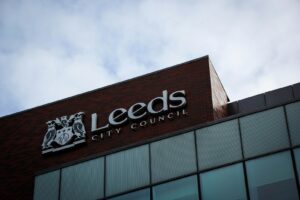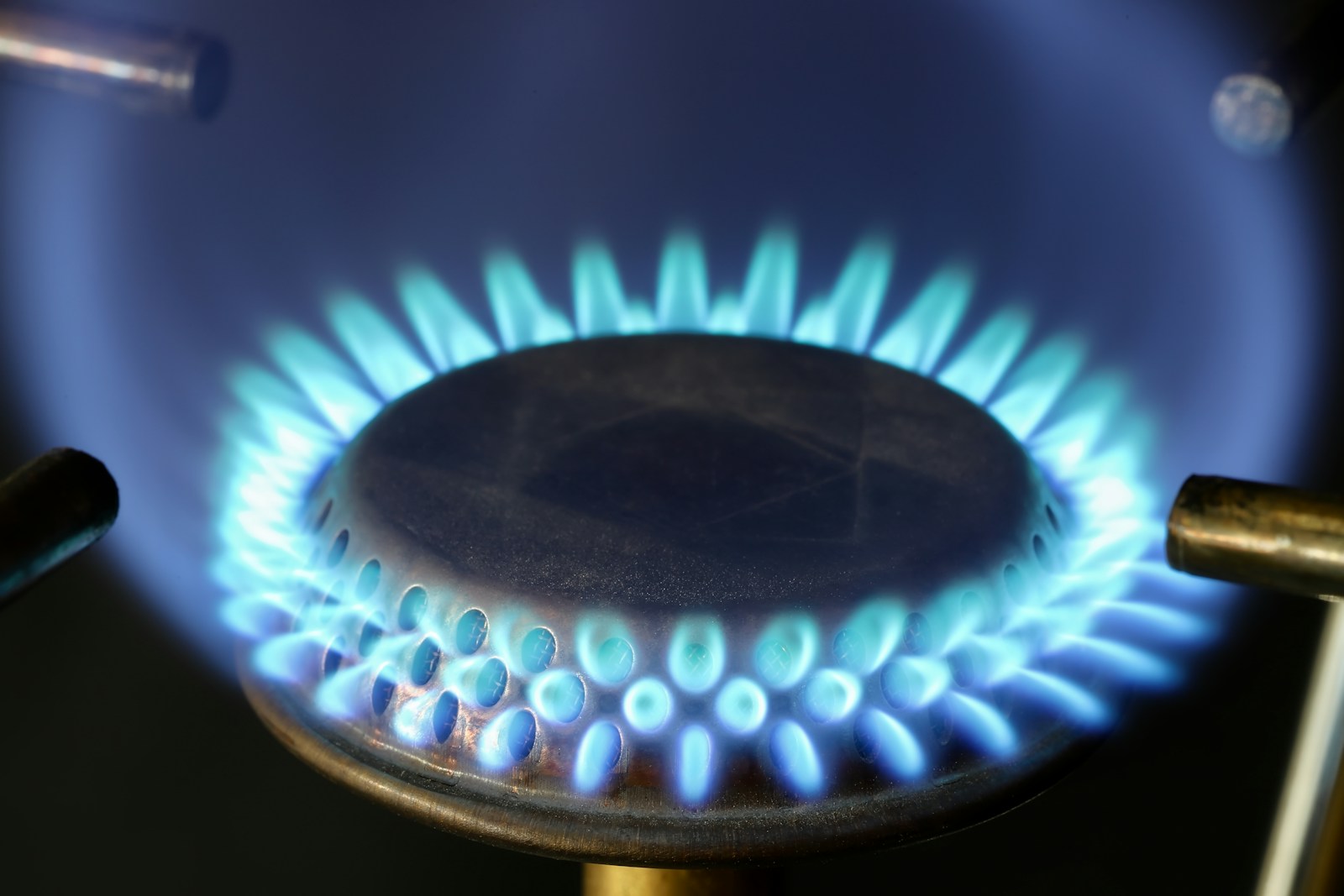Today Ofgem announced energy bills will increase by 2%, with households starting to feel the squeeze from 1st October 2025.
The news means a typical household in the UK will pay £1,755 a year for gas and electricity, up £35 a year on the current price cap.
What’s more, the increase represents a 2.21% year on year rise, resulting in energy bills being £713 higher than in winter 2020/21.
Ofgem – Britian’s leading energy regulator – have said the change will come into effect from 1st October and last for around three months.
The price hike is in part because of an expansion of the government’s warm home discount scheme. Analysts from Cornwall Insight said the programme is estimated to add around £15 to a typical bill while providing an additional £2.7 million households with a £150 reduction.
A spokesperson for the End Fuel Poverty Coalition, said the individuals who will suffer the most from the price increase ‘will be the 12 million households already in fuel poverty’.
‘In the detail of the announcement is a 14% increase in gas standing charges, while gas unit rates remain almost double pre-crisis levels,’ they added. ‘And the cost of electricity is also up, which is itself set by the cost of the most expensive generator, usually gas-fired power stations.
‘Given that wind and solar are far cheaper ways of generating power and North Sea gas reserves are unable to meet domestic heating needs from 2027, it’s time for action.’
‘We need urgent reforms to fix the broken pricing system, steps to ensure households benefit from targeted support for cold homes, a nationwide insulation and ventilation drive, reform of energy trading rules and lower standing charges,’ they continued.
‘Meanwhile, expansion of renewables and upgrading the grid must be funded through investment or by tackling excess network and energy industry profits, not by loading more costs onto struggling households.’
In the UK households are already grappling with inflated food costs. The British Retail Consortium revealed prices were rising at their fastest rate since February 2024 and inflation rose by more than expected in June 2025 due to the soaring costs of meat, milk, eggs and cheese.
However, the news isn’t all bad. Tim Jarvais, director of general markets at Ofgem, has said the company is slowly seeing ‘signs of a healthier market’.
‘There are more people on fixed tariffs saving themselves money, switching is rising as options for consumers increase, and we’ve seen increases in customer satisfaction, alongside a reduction in complaints,’ he said.
‘While today’s change is below inflation, we know customers might not be feeling it in their pockets. There are things you can do though – consider a fixed tariff as this could save more than £200 against the new cap. Paying by direct debit or smart pay as you go could also save you money.
‘In the longer term, we will continue to see fluctuations in our energy prices until we are insulated from volatile international gas markets. That’s why we continue to work with government and the sector to diversify our energy mix to reduce the reliance on markets we do not control.’
Photo by Henning Wiekhorst via UnSplash
In related news:
A guide to parklets, for community groups and local authorities


















Leave a Reply